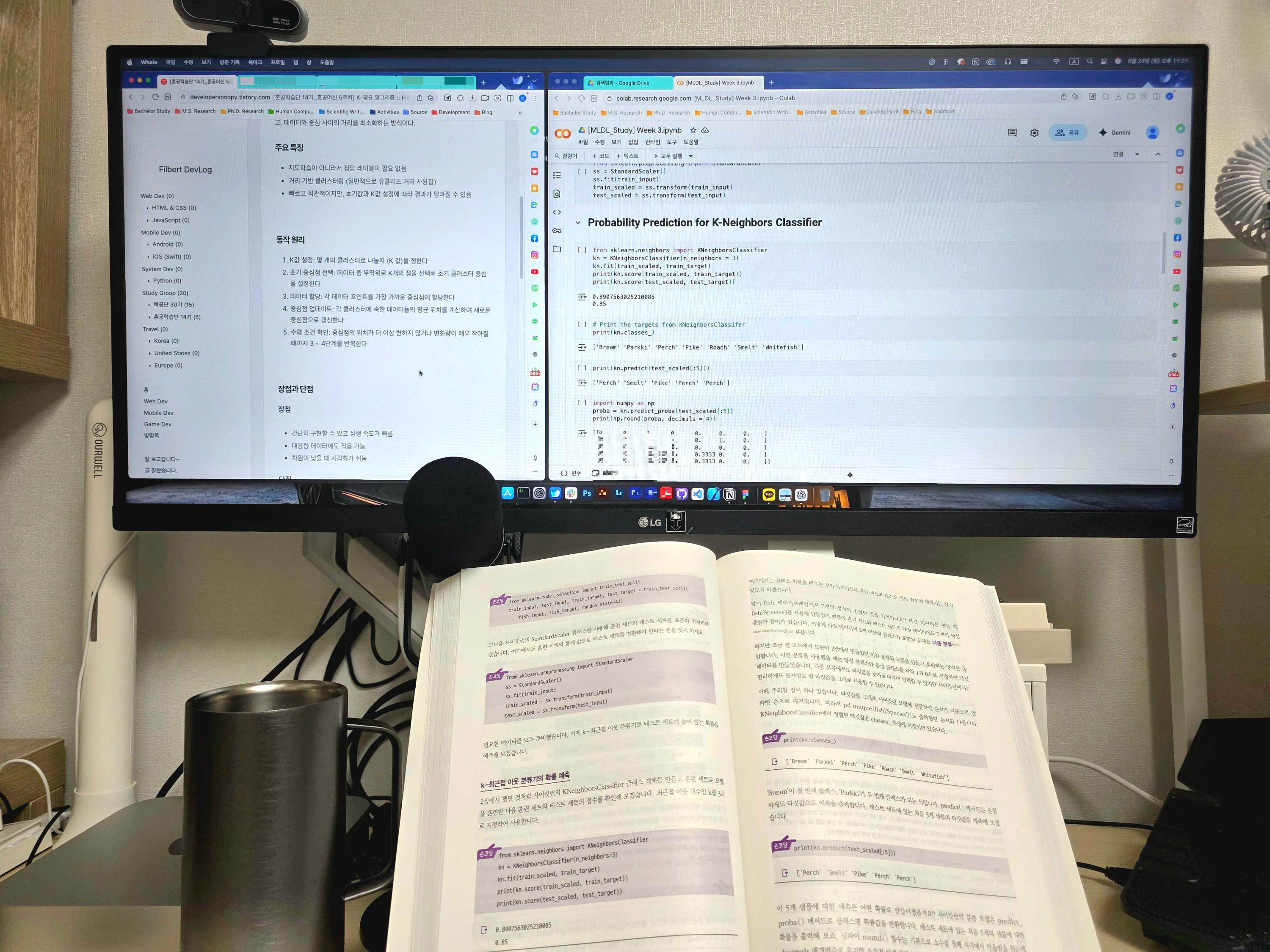iOS 앱 개발을 위해 가장 먼저 공부해야 하는 언어는 Swift입니다.
Swift 문법을 처음 접하면 다양한 개념이 등장하지만,
그중에서도 상수와 변수, 그리고 데이터 타입은 모든 코드의 출발점이라고 할 수 있습니다.
이번 포스팅에서는
✔ Swift에서 상수와 변수의 차이
✔ let과 var의 사용법
✔ 기본적인 데이터 타입(Int, String, Bool)
을 초보자 눈높이에서 정리해보겠습니다.
Swift에서 상수와 변수란?
모든 프로그래밍 언어에는 값을 저장하기 위한 개념으로
상수(Constant) 와 변수(Variable) 가 존재합니다.
두 개념은 비슷해 보이지만 값을 변경할 수 있는지 여부에서 큰 차이가 있습니다.
상수(Constant)란?
상수는 한 번 값을 정하면 변경할 수 없는 값입니다.
Swift에서는 let 키워드를 사용해 선언합니다.
let maxCount = 10
print(maxCount)- maxCount는 한 번 10으로 정해지면 이후에 변경할 수 없습니다.
- 변경을 시도하면 컴파일 에러가 발생합니다.
let maxCount = 10
maxCount = 20 // ❌ 에러 발생👉 변하지 않아야 하는 값, 예를 들어 최대 횟수, 기준값, 설정값 등에 상수를 사용합니다.
변수(Variable)란?
변수는 값을 변경할 수 있는 저장 공간입니다. Swift에서는 var 키워드를 사용합니다.
var age = 20
print(age)
age = 21
print(age)- age의 값은 실행 중에도 변경될 수 있습니다.
- 사용자 입력이나 계산 결과처럼 변동되는 값에 사용합니다.
let과 var 차이 한눈에 정리
| 구분 | 상수 (let) | 변수 (var) |
| 값 변경 | 불가능 | 가능 |
| 사용 목적 | 고정된 값 | 변하는 값 |
| 안정성 | 높음 | 상대적으로 낮음 |










